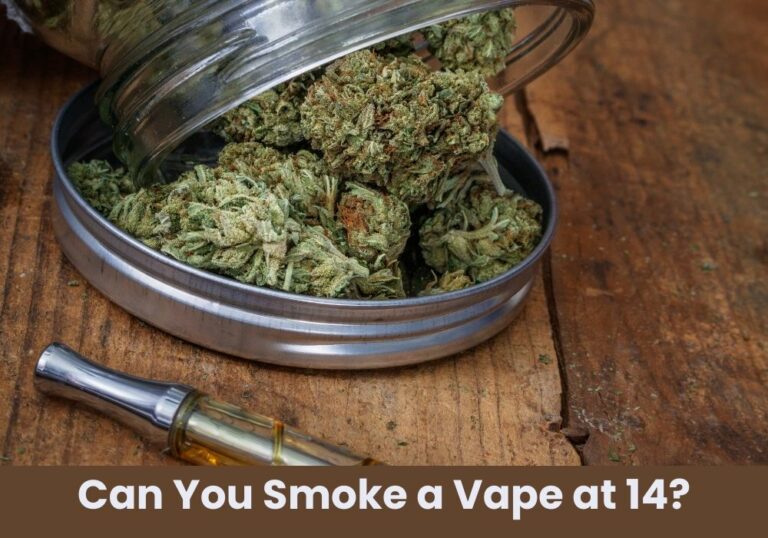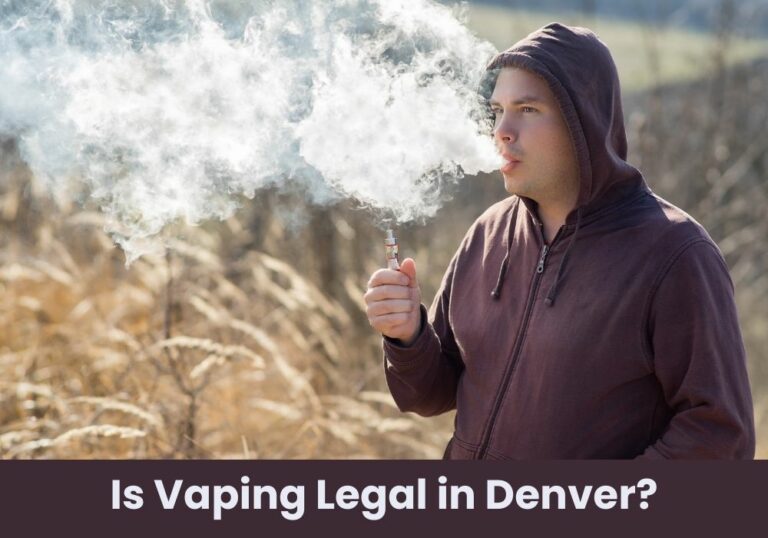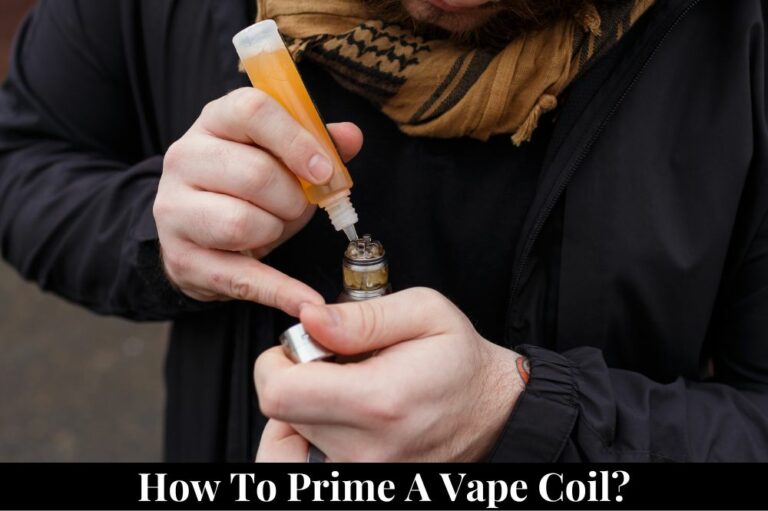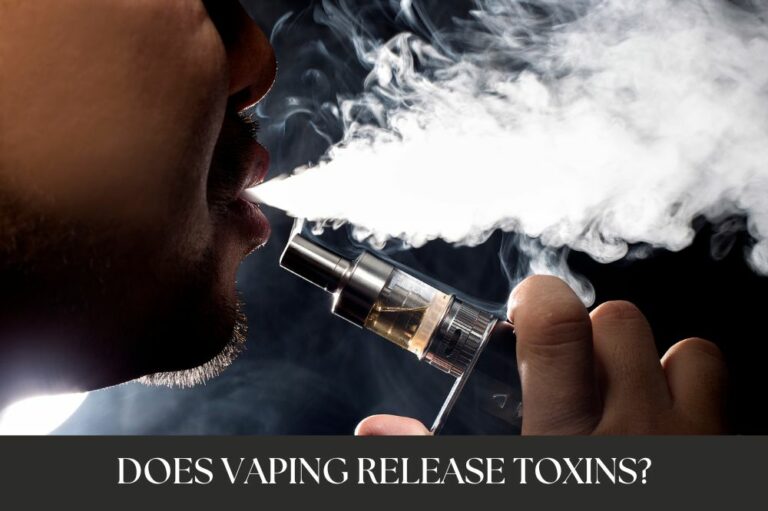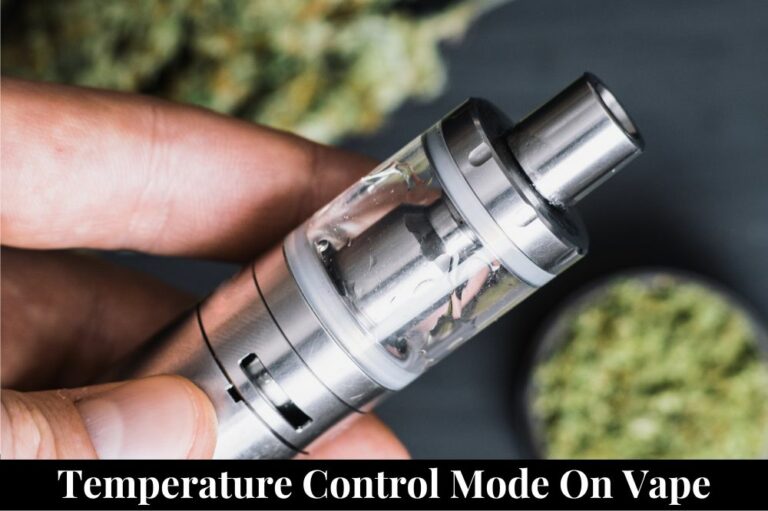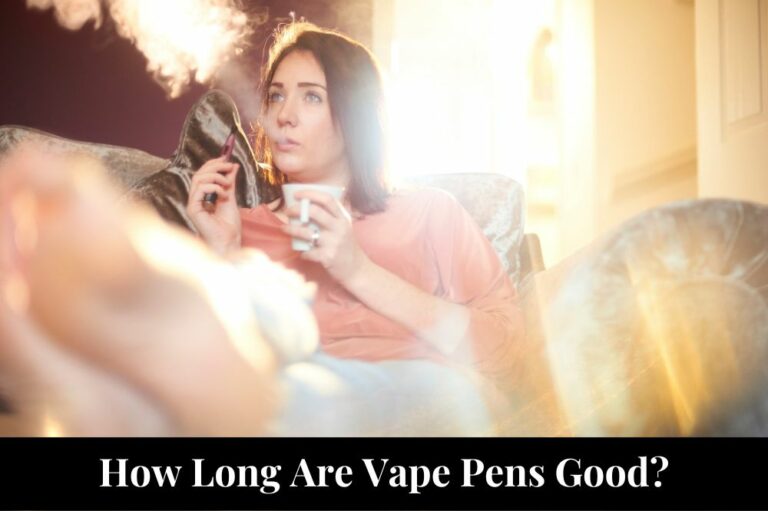
For many people, vapes are a safer alternative to cigarettes and other tobacco products. A lot of people use them to quit smoking altogether! But are vapes legal in Texas? Some parts, yes. Let’s start with 20 or so regions with a broad ban that includes restaurants and bars, plus about 10 others that are more lenient, allowing you to vape at outdoor eateries and open air.
Places Where You Can(‘t) Vape In Texas
When you’re looking into the legality of vapes, it helps to know specific definitions. For example, some places will let you vape at restaurants but not at bars. Others say you can vape in any public spot where you can smoke, while some areas with no-smoking signs are fine with your nicotine aerosol. Usually, vaping bans happen in enclosed public places and indoor spaces.
| Name of Texas Municipality | Vaping Ban In Restaurants | Vaping Ban In Bars | Vaping Ban In Public Parks | Vaping Ban In Enclosed Workplaces |
| Wichita Falls | No | No | No | Yes |
| Weatherford | Yes | No | No | No |
| Waxahachie | Yes | Yes | No | Yes |
| Waco | Yes | Yes | No | Yes |
| Tyler | Yes | Yes | No | Yes |
| Socorro | Yes | Yes | No | Yes |
| Sherman | Yes | Yes | No | No |
| Seagoville | Yes | Yes | No | Yes |
| San Marcos | Yes | Yes | No | Yes |
| San Angelo | Yes | Yes | No | Yes |
| Lufkin | Yes | Yes | No | Yes |
| Laredo | Yes | Yes | Yes | Yes |
| Harlingen | Yes | Yes | No | Yes |
| Frisco | Yes | Yes | No | Yes |
| El Paso | Yes | Yes | No | Yes |
| Edinburg | Yes | Yes | No | Yes |
| Duncanville | Yes | Yes | No | Yes |
| Desoto | Yes | Yes | No | Yes |
| Denton | Yes | Yes | No | Yes |
| Burkburnett | Yes | No | No | Yes |
| Bonham | Yes | Yes | No | No |
| Boerne | Yes | No | No | No |
| Bedford | Yes | No | No | No |
| Austin | Yes | Yes | No | Yes |
| Atlanta | Yes | Yes | Yes | Yes |
| Anthony | Yes | Yes | Yes | Yes |
| Alamo | Yes | Yes | Yes | Yes |
Apart from these specifications, it’s generally illegal to vape in schools and their surrounding areas. You can probably vape inside your house, but if you live in a duplex or an apartment block, the smoking policies are listed in your lease because they can affect other tenants. But even in places with vaping bans, they might let you use a balcony or dedicated smoking zone.
Texas Laws on Vapes
According to Texas Law, if you were born before August 31, 2001, or if you’re an adult in the military (over 18), then you can buy and use vapes. But the only legal e-liquid flavors are menthol and tobacco. If you’re under 21, you can be prosecuted for having or buying a vape. You can also get in trouble for selling vapes to minors – that’s the Tobacco/Vapor 21 Law.
SPIRITBAR Katana BP10000
- Slender, leather-textured body reminiscent of a katana handle for an authentic samurai feel
- Unique samurai-inspired e-liquid flavor - fruity yet not too sweet, with a luxurious, elegant aroma
- Powerful 650mAh rechargeable battery for extended vaping time
- Large 18ml e-liquid capacity and 10,000 puff capacity
- Advanced mesh coil and e-liquid & power display screens for optimal vaping experience
The special juice captures the essence of the samurai spirit with its rich, smoothly pulsating flavor that brings new satisfaction with every puff. The device's slender, leather-textured design evokes the grip of a samurai's katana, making this product a perfect choice for beginner vapors.
This law was passed in December 2019. Curiously, while tobacco is taxed, vapes are not, so the extra laws discourage entrepreneurs from targeting minors to boost their profits. There are places in Texas where you can legally vape, but only in dedicated zones. Some smoking bans have been changed to specifically mention vapes, but the Texas Clean Air Act has not.
To maintain oversight, vape importers have to register with the authorities and their e-juice must be packaged in child-proof containers. Schools, child-care centers, and foster homes restrict vaping during trips, after-school activities, on playgrounds, in transportation, and on their property. They’re legally liable if kids are found with vapes on any of these premises.
SPIRITBAR Jack’s Flask 9000 Puffs
- Stylish pirate flask-shaped body providing an exciting vaping experience
- Delivering up to 9000 puffs per device
- 20ml e-liquid capacity with 50mg nicotine strength for satisfying throat hit
- Specialized pirate-themed e-juice flavors for rich, swirling taste
- Premium mesh coil optimizes flavor profile for maximum vaping enjoyment
This disposable vape captures the daring spirit of the high seas with its flask styling and signature pirate e-juice flavors. The extraordinary battery life provides 9000 indulgent puffs for extended vaping pleasure. Live boldly and freely with the Jack's Flask - a legendary vaping experience fit for a pirate's adventures.
It’s also illegal to vape anywhere within the Criminal Justice System. That includes prisons, jails, courts, police stations, juvenile detention units, etc. However, these are indoor vaping bans, so you can still vape outdoors if there’s a designated smoking zone. You have to stay within that segregated space though, since vaping elsewhere could still get you in trouble.
Why is Vaping Banned?
In adults, vaping is touted as an effective way to quit smoking. It’s considered safer because unlike cigarettes, cigars, pipes, etc., the vapes don’t have tar and other carcinogens that get released when you burn tobacco. Instead, they use synthetic nicotine, propylene glycol (PG), and glycerol. They also have traces of metals, plastics, lead, formaldehyde, nitrosamines, etc.
Some people believe these additional chemicals could be toxic in the long run, so they don’t fully trust vapes. In truth, they haven’t been around long enough to gather comprehensive data. Also, while vapes are less harmful to your lungs, they can still damage your heart and other organs. This makes some doctors wary of their use, especially by kids and teenagers.
Despite their relative safety, vapes and e-cigarettes still contain nicotine, so there’s concern they can encourage addiction in minors. And since youngsters often buy cheap off-brands from unregulated sources, they may get vapes that are laced with harmful chemicals like Vitamin E Acetate. These additives are thought to cause EVALI – a lethal lung ailment.
On a more practical level, vapes are generally disposable, so they lead to littering, waste, and environmental damage. They have batteries that can leak into the surroundings or explode if they’re improperly disposed of. Users experiment with unhealthy DIY vapes that could cause physical injuries. But even a high-end vape might trigger asthma and respiratory problems.
SPIRITBAR Katana BP10000
- Slender, leather-textured body reminiscent of a katana handle for an authentic samurai feel
- Unique samurai-inspired e-liquid flavor - fruity yet not too sweet, with a luxurious, elegant aroma
- Powerful 650mAh rechargeable battery for extended vaping time
- Large 18ml e-liquid capacity and 10,000 puff capacity
- Advanced mesh coil and e-liquid & power display screens for optimal vaping experience
The special juice captures the essence of the samurai spirit with its rich, smoothly pulsating flavor that brings new satisfaction with every puff. The device's slender, leather-textured design evokes the grip of a samurai's katana, making this product a perfect choice for beginner vapors.
What Exactly is EVALI?
EVALI stands for E-cigarette or Vape Product Associated Lung Injury. The CDC confirmed close to 3,000 cases in 2020, and nearly 70 of the diagnosed patients died. This condition causes symptoms that mimic pneumonia. The most likely cause is vapes laced with THC and/or Vitamin E Acetate. The latter is generally used to make the fumes thicker and denser.
If a doctor suspects you may have EVALI, they’ll check your blood oxygen and do x-rays on your lungs. They may also perform tests to gauge your breathing efficiency. You may need to go on a ventilator, receive oxygen, and get steroid injections. You might also get an inhaler or a nebulizer after you leave the hospital. If they catch the injury too late, you may not make it!
Scare tactics aside, vaping is still legal in many parts of Texas. So if you choose to indulge, buy your vape from a trusted source and a reliable brand. Vape in well-ventilated areas to maximize your oxygen intake. Don’t modify your vaping device or your e-juice since they might introduce harmful toxins. And consider ‘vaping fasts’ to give your lungs some R ‘n R.
Where is Vaping Banned?
Vaping bans – like smoking bans – are designed to stop people from using these products indoors. Often, they prevent the use of vapes and tobacco products within 20 feet of public building entrances. Restricted areas like offices, eateries, train stations, etc. may set aside an area for smoking and vaping. And many structures have air sensors to detect contraband use.
In 2020, the US Food and Drug Administration (FDA) banned flavored vapes distributed by Juul Labs Inc. The idea was that flavored vapes target kids and teens. Most retail outlets can sell mint, menthol, and wintergreen variants that are generally unpleasant to children. For other flavors, you need a licensed specialty vape store with harsh Under-21 restrictions.
Many states passed blanket bans within their states while others blocked online vape sales. In places with a state-wide ban, you can’t vape in public spaces, workplaces, hospitals, care facilities (e.g. daycare for kids or assisted living for seniors), clinics, schools, sports venues, public transportation (e.g. buses, trains, etc.) and the communal zones in multi-unit houses.
These types of laws typically extend to bars and restaurants, and in some places, you can be prosecuted for even having a vape on you. But it depends on how strictly the rules are enforced. Some states say you have to be 18 to buy a vape while many stretch it to 21. Still, many places allow vaping in private residences … as long as your landlord or neighbors don’t complain.
How Do They Catch Vapes
As we’ve mentioned, some places have smoking bans that are incidentally extended to vapes. In such places, the building may have a smoke alarm that can detect the smoke from a cigar or cigarette. You may try to trick the smoke detector by covering it with a cloth or shower cap, but that’s a criminal offense as well, so tamper with those machines at your own risk!
That said, old-school smoke alarms can’t usually catch the aerosols from a vape. Newer ones are more sensitive though, especially if they have ionizers, lasers, or air sensors. These are gadgets that detect the slightest disruption in air particle movement, so they can spot a vape within seconds. They’re typically silent systems rigged to remote monitors in the main office.
Another giveaway is the scent of flavored vapes. While most variants are now banned, you can still buy tobacco or menthol. And while you can always claim those are cigarette smells rather than vapes, indoor spaces where vaping is illegal are likely to have anti-smoking rules as well. Even if they don’t catch you red-handed, they can search for vaping paraphernalia.
Finally, remember that vapes contain nicotine. So any test that can detect that chemical will expose you for smoking and/or vaping for up to 48 hours. Chain smokers and chain vapers can stretch this period for two weeks after use. These include breath and blood tests. You can avoid all this drama by simply going to a smoking zone where you can use your vape legally.



